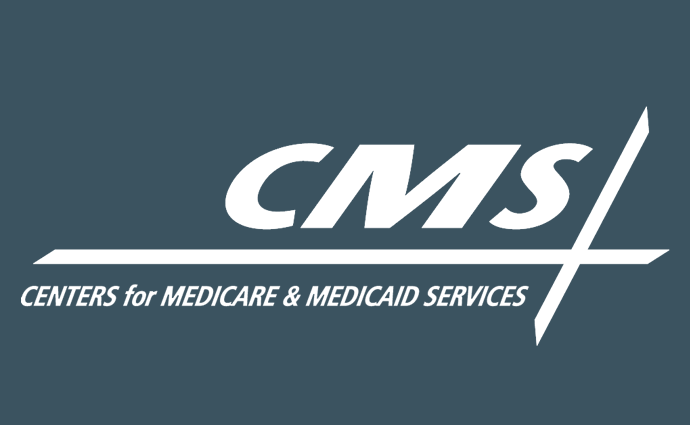CMS Urges Medicaid Expansion Amid Coronavirus Emergency
As the novel strain of coronavirus, COVID-19, escalates nationwide and is officially declared a national emergency, CMS looks to Medicaid expansion.

Source: CMS
- On March 13, the Trump Administration declared the spreading coronavirus (COVID-19) a national emergency. CMS immediately followed with various resources, including a factsheet from March 5 about COVID-19 Medicaid and CHIP coverage and benefits, as well as clear support for states considering Medicaid expansion or further expansion.
For more coronavirus updates, visit our resource page, updated twice daily by Xtelligent Healthcare Media.
“The spread of COVID-19 within our Nation’s communities threatens to strain our Nation’s healthcare systems,” the president’s proclamation read. “It is incumbent on hospitals and medical facilities throughout the country to assess their preparedness posture and be prepared to surge capacity and capability. Additional measures, however, are needed to successfully contain and combat the virus in the United States.”
The executive branch’s proclamation allowed HHS to make alterations to Medicare, Medicaid, and State Children’s Health Insurance Program plans and to the Health Insurance Portability and Accountability Act Privacy Rule (HIPAA).
CMS responded with actions that centered on Medicare enrollment and Medicaid expansion.
“CMS will temporarily suspend certain Medicare enrollment screening requirements including site visits and finger-printing for non-certified Part B suppliers, physicians and non-physician practitioners,” CMS Administrator Seema Verma announced in her prepared remarks on March 13.
These measures, along with other flexibilities such as relief from non-emergency survey inspections, are intended to eliminate distractions and bureaucratic barriers for providers.
CMS has also used its new leeway to open up opportunities for states to expand their Medicaid programs.
“The flexibilities we are offering will be a godsend to the providers, clinicians, plans, facilities, on the front lines of this fight,” Administrator Verma said. “We encourage them to carefully review the broad range of options available to them.”
States still have significant control over cost sharing and premiums but these costs are maintained by a mandatory cap on out of pocket healthcare spending at five percent of the family income.
Even so, there are certain exemptions for children and pregnant women, emergencies, and preventive services. Services can never be withheld but patients are held responsible for their medical bills, coronavirus notwithstanding.
In its factsheet on COVID-19 Medicaid and CHIP coverage and benefits, CMS also clarified what is covered and what benefits are available to beneficiaries.
Testing and diagnostics are generally covered, but they fall into the optional benefit category. Therefore, states have some power to determine whether the tests are or are not covered.
While there is no vaccine against COVID-19 at the time of publication, the vaccine would be completely covered under immunizations for children on Medicaid and CHIP and adults in Medicaid expansion states.
All states offer coverage for prescription drugs, though it is not mandatory that they do so for Medicaid or CHIP.
Nursing homes have been a major focus for the COVID-19 mitigation efforts, just as Medicare and Medicare Advantage have been the at the center of policy changes in recent weeks. It is mandatory that states offer nursing facilities coverage and benefits. However, each state determines its own coverage guidelines.
States also have to cover emergency transportation and certain child health services. Many cover telehealth as well, which could prove critical to the prevention efforts.
CMS published information on essential health benefits (EHBs) as well, and what plans with EHBs are and are not required to cover.
“CMS is taking immediate steps to give our nation’s providers, healthcare facilities, and states maximum flexibility,” said CMS Administrator Seema Verma. “It is vital that federal requirements designed for periods of relative calm do not hinder measures needed in an emergency.”
As the country works toward mitigating further spread of COVID-19, policies and regulations are adapting with these efforts to prevent any burdensome processes, including prior authorizations, from blocking or slowing down COVID-19 mitigation.
